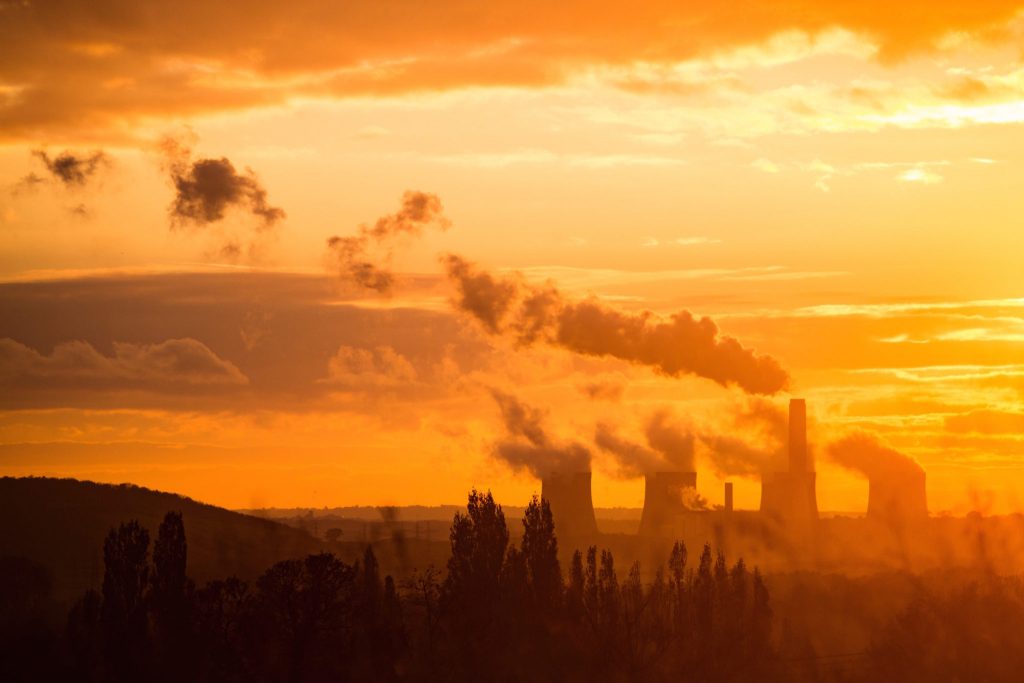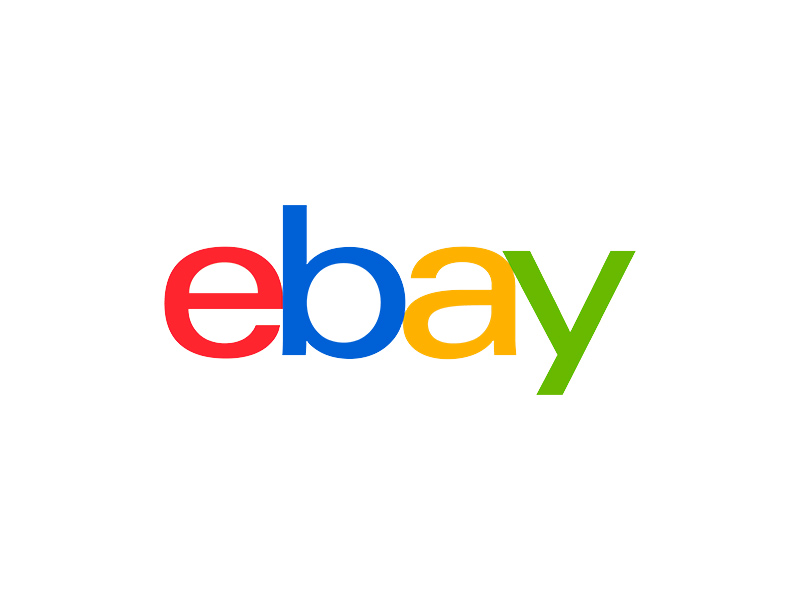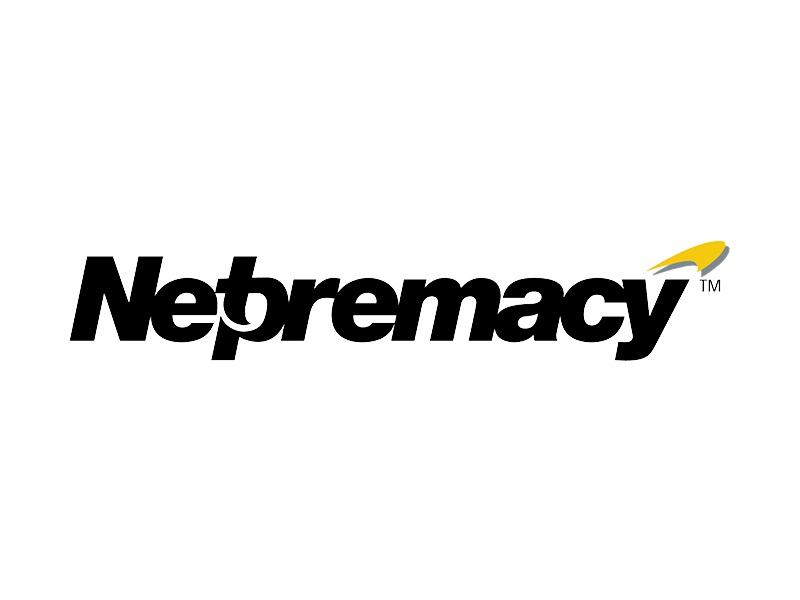The 5th of June 2019 marks this year’s World Environment Day. Not only for individuals trying to live sustainable lifestyles but for businesses too, the issue of how we can help the environment with our choices is an ever-pressing one. Businesses are the largest consumers and users of energy and biggest culprits when it comes to producing waste through packaging and both using and producing nonrecyclable products; this is not helping to build a sustainable future.
Rather than looking at this as an issue, can your team approach the issue of sustainability and environmentally friendly choices as a challenge and an exciting opportunity to change the way the business is growing? As we have discussed in depth on the Chesamel blog, brands who are embracing this lifestyle are brands who are viewed more favourably by their employees, clients, partners and customers, there are incentives out there for sustainable brands and media coverage opportunities, plus – it’s building a sustainable future, so really what reason is there for not trying?
If you’re a product based company then Green Marketing is an area you might want to push in the direction of your marketing team and higher management. Green Marketing is the idea of highlighting the environmentally friendly benefits of your products and company overall. Sustainable processes that your company has switched to, recyclable or sustainably sourced materials that you use or reductions in emissions or water consumption are all highly marketable features of a business. By highlighting these features you are repositioning your brand as one which cares, one which is doing its part, which as we mentioned has multiple benefits.
To be able to highlight these properties, your business first needs to possess them. So how can your company look at increasing their Green Marketing opportunities? For Earth Day we looked at some of the smaller companies who are standing up and taking the risk with an entirely environmentally friendly approach at their core, whether this was through the production and sales of plant-based burgers, recycled toilet paper or banning the use of single-use cups. Today we’re looking at the larger companies who are not necessarily centred around environmentally friendly, sustainable values but who are making the changes that they can, to contribute towards a sustainable future.

Fashion is an industry which gets much attention and criticism for its commitment, or lack thereof, to sustainability. The Global 100 is a list of corporate companies ranked on their levels of sustainability and one of the companies which came out on top, in fact, owns some of the world’s biggest fashion houses, including Gucci, Yves Saint Laurent and Alexander McQueen! According to the Forbes rundown of the Global 100 compiled by Corporate Knights, this company now sources around 40% of its materials from sustainable sources.
This was closely followed in the rankings by the brand Neste, a petroleum refinery company who have taken an enormous step and turned their business around from one who created significant amounts of greenhouse gas emissions to one who is dedicated to developing renewable fuels. A perfect example of making the changes within a company to align with the current demands of consumers and changes to priorities globally. This has proved to not only be beneficial in terms of opportunities for Green Marketing but for their profits too!
Both, however, were beaten to the top spot by a likely less heard of brand for most individuals, as they operate purely B2B, and that is Danish company Chr. Hansen Holding. These guys work within bioscience to use natural substances to preserve the foods which we consume. Although we guess, this does actually put them under the category of having the environment and sustainability at its core, they’re still one of the big companies doing their part for a sustainable future!
Change is often needed to stay relevant to evolving and altering demands of the customer, shareholders and even our conscience, so if there are changes large or small to be made to work towards a sustainable future for your business then do them. They’re all significant, and sustainability is a ‘trend’ that isn’t going anywhere!












